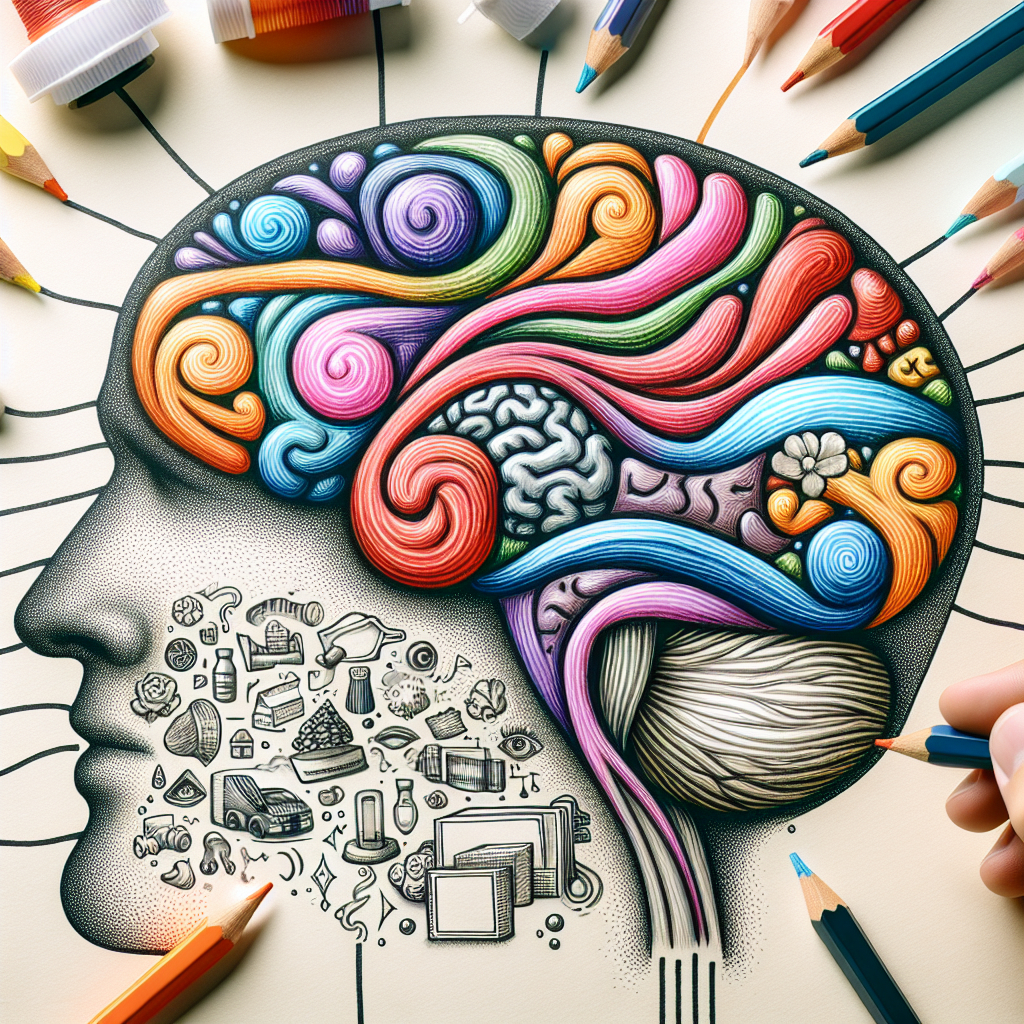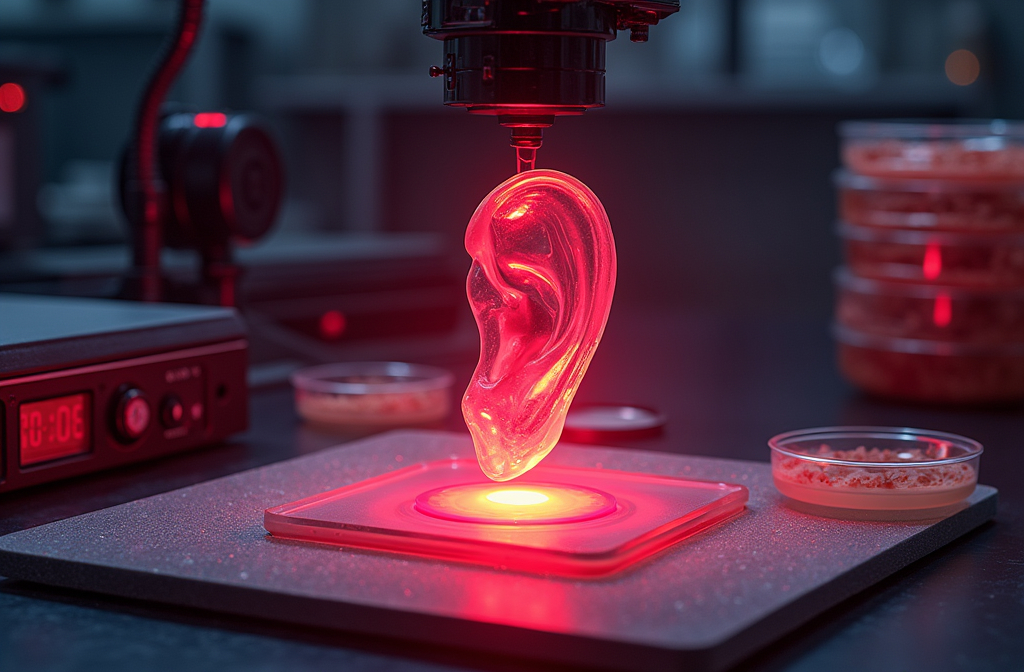What’s the first thing that comes to mind when you catch the scent of freshly baked cookies? For many of us, it’s childhood memories, a warm kitchen, or even a specific loved one. That’s no coincidence. Your sense of smell is a powerful gateway to your brain’s memory and emotional centers, and scientists are uncovering just how deeply intertwined it is with your health.
But this isn’t just about nostalgia—understanding the connection between smell, memory, and health could transform the way we approach mental health and neurodegenerative diseases.
Smell and Memory: An Instant Connection
Unlike our other senses, smell bypasses the usual processing routes and heads straight to the limbic system, the part of the brain responsible for memory and emotions. That’s why a single whiff of a certain perfume or the scent of rain can bring back vivid memories or stir up emotions that seem to come out of nowhere.
This unique connection isn’t just a fun quirk of the brain; it has real implications for mental health. Researchers are exploring how exposure to specific smells can be used to help people process traumatic memories, including those with PTSD.
Smell and Cognitive Health
Here’s where things get even more fascinating: the sense of smell is closely tied to cognitive function. Studies have shown that losing your sense of smell may be one of the earliest signs of Alzheimer’s disease. Why? The same areas of the brain responsible for processing smells—like the hippocampus—are some of the first affected by the disease.
This means that a simple smell test could one day become a key tool for detecting Alzheimer’s early, giving doctors and patients a critical head start in treatment.
Healing Through Scent
Beyond diagnostics, scent could also become a therapeutic tool. Imagine using calming smells, like lavender or chamomile, to help patients reduce anxiety, or reintroducing familiar scents to help those with memory loss reconnect with their past. For PTSD patients, carefully controlled exposure to certain smells could help reframe traumatic memories in a safer, more manageable way.
The potential applications are endless, and researchers are just scratching the surface of how smells can shape our health and well-being.
Why Does This Matter?
Smell is often overlooked, but it’s a vital sense that’s deeply embedded in how we experience life. By studying the connection between smell, memory, and health, scientists are unlocking new possibilities for diagnosing diseases, improving mental health, and even enhancing emotional well-being.
Whether it’s detecting Alzheimer’s earlier, developing therapies for trauma, or simply improving mood, our noses might hold the key to a healthier, happier future.
Article derived from: McDonough, B. M. (2024, April 23). The connections between smell, memory, and health. Harvard Medicine Magazine. https://magazine.hms.harvard.edu/articles/connections-between-smell-memory-and-health
















